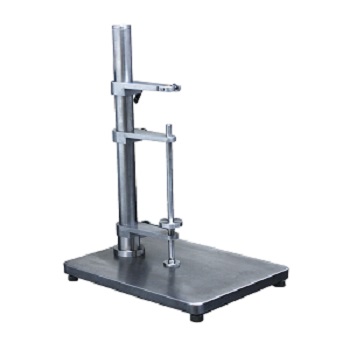The calibration frequency for a precision thickness gauge can vary depending on several factors, including the specific gauge model, manufacturer recommendations, industry standards, and the criticality of the measurements being performed. Here are some guidelines to consider:
1. Manufacturer Recommendations: The manufacturer of the precision thickness gauge typically provides guidelines regarding the recommended calibration interval. These recommendations should be followed to ensure accurate and reliable measurements. The manufacturer's instructions may consider factors such as the gauge's design, components, and measurement stability.

2. Industry Standards: Depending on the industry or application, there may be specific standards or regulations that dictate the calibration frequency for precision measurement instruments. For example, ISO 9001 or other quality management systems may require regular calibration and traceability of measuring equipment.
3. Frequency of Use: The frequency at which the gauge is used can also influence the calibration interval. If the gauge is used extensively or subjected to harsh conditions, more frequent calibration may be necessary to maintain accuracy. Conversely, if the gauge is used infrequently or under controlled conditions, the calibration interval may be longer.
4. Criticality of Measurements: Consider the criticality of the measurements being performed with the gauge. If the thickness measurements have a significant impact on product quality, safety, or compliance, more frequent calibration is generally advisable to minimize the risk of inaccurate measurements.
5. Historical Performance: Monitoring the historical performance of the gauge can provide insights into the stability and drift of measurements over time. If there is evidence of measurement deviations or a decline in accuracy, calibration may be required more frequently to rectify any issues.
It's important to note that the calibration interval for a precision thickness gauge is typically determined through a combination of the factors mentioned above. Regular calibration is essential to ensure the accuracy and reliability of the measurements. Consulting the gauge's user manual, contacting the manufacturer, or seeking guidance from calibration service providers can help determine the appropriate calibration frequency for a specific precision thickness gauge.




